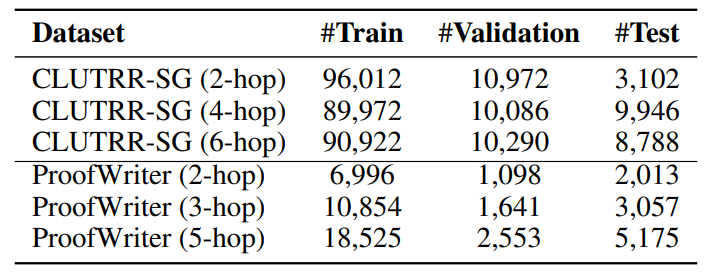Crypto.com expands institutional custody footprint with Pineapple Financial’s $100M INJ treasury
Crypto.com has partnered with Pineapple Financial to provide custody and staking infrastructure for its INJ treasury, adding to its growing roster of institutional custody clients.
- Crypto.com will provide regulated custody and native staking infrastructure for Pineapple Financial’s million INJ treasury.
- Pineapple Financial has launched its Injective-based treasury initiative with an initial $8.9 million INJ acquisition, becoming the first publicly traded company to hold the asset.
- The partnership expands Crypto.com’s growing roster of institutional custody clients, which already includes the TON Foundation, VeChain Foundation, VivoPower, Aditxt, and SOL Strategies.
- The partnership follows Crypto.com’s recent application for a U.S. National Trust Bank Charter, a move that would place its custody arm under full federal oversight and solidify its position as a leading regulated institution in digital asset custody.
Crypto.com and NYSE-listed Pineapple Financial Inc. have entered a strategic partnership under which Crypto.com will act as Pineapple’s primary custody provider and staking enabler for Pineapple’s $100 million digital asset treasury denominated in Injective (INJ).
As part of the agreement, Pineapple will leverage Crypto.com’s regulated custody infrastructure to securely store its INJ holdings. Crypto.com will also support native staking of those tokens, facilitating long-term lockups and yielding income on the staked assets.
Pineapple is the first publicly traded company to adopt INJ in its treasury, and has already made an initial acquisition of about $8.9 million worth of INJ, with a plan to build its $100 million Injective treasury, stake the holdings for yield, and integrate Injective’s infrastructure into future tokenized finance and RWA applications.
The Pineapple Financial partnership adds to Crypto.com’s growing list of institutional custody clients, which includes the TON Foundation, VeChain Foundation, VivoPower International, Aditxt Inc., and SOL Strategies Inc., among others.
Crypto.com continues to expand its institutional custody footprint
Crypto.com provides its custody services through Crypto.com Custody, a fully regulated institutional platform offering qualified custody solutions to companies and high-net-worth clients. Last year, Crypto.com secured a U.S. trust charter, allowing it to operate as a qualified custodian under American regulatory standards.
This positioned it among a small group of crypto companies licensed to offer institutional-grade asset storage in compliance with federal custody requirements. The platform’s $120 million insurance coverage and multi-party computation key management system further strengthened its risk-mitigation framework, giving clients confidence in large-scale treasury operations.
The partnership with Pineapple Financial comes just days after the exchange applied for a National Trust Bank Charter with the U.S. Office of the Comptroller of the Currency. If approved, the license would grant Crypto.com full federal oversight — elevating its custody arm from a state-regulated trust company to a nationally chartered institution.
You May Also Like

Privacy is ‘Constant Battle’ Between Blockchain Stakeholders and State

Technical Setup for RECKONING: Inner Loop Gradient Steps, Learning Rates, and Hardware Specification
